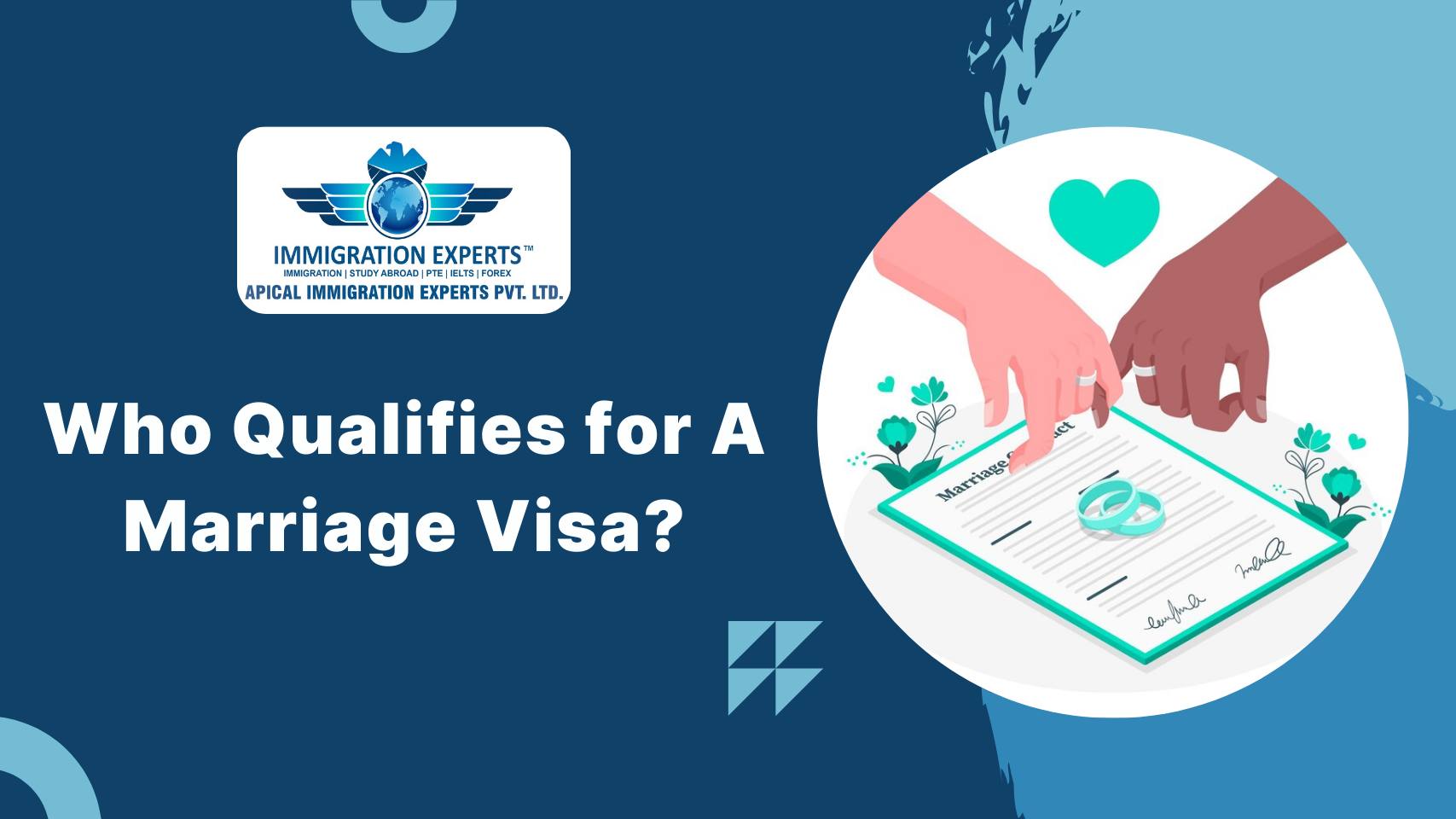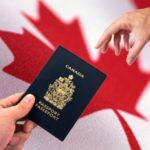When two people from different countries fall in love and decide to get married, their journey often involves more than just emotional commitment. It also demands a solid understanding of immigration laws. A marriage visa—commonly known as a spouse visa or partner visa—offers a pathway for foreign spouses to live legally with their partners in another country.
However, obtaining a marriage visa involves more than simply being married. Immigration authorities require convincing evidence of a genuine relationship, as well as compliance with specific eligibility criteria.
In this article, we will explore who qualifies for a marriage visa, outline the key requirements in major countries like the United States, Canada, the United Kingdom, and Australia, and share actionable tips to strengthen your application.
What Is a Marriage Visa?
A marriage visa allows the spouse of a citizen or permanent resident to legally enter or remain in that country. Typically, these visas are granted based on the principle of family reunification, which acknowledges the fundamental right for families to stay together.
Depending on the country, a marriage visa may lead to permanent residency or even citizenship. Generally, these visas fall into two main categories:
-
Spouse Visa – intended for legally married couples.
-
Partner or Fiancé(e) Visa – designed for engaged individuals or those in a de facto/common-law relationship.
General Eligibility Criteria for a Marriage Visa
While the specific criteria vary by country, several core conditions apply almost universally. Understanding these requirements can significantly improve your chances of approval.
1. Legal Marriage or Genuine Relationship
You must either be legally married under the laws of the country where the marriage occurred or prove a committed relationship.
In many countries, common-law or de facto partnerships are also accepted. However, you must show that you have lived together continuously for a set period—usually 12 to 24 months.
2. Sponsor Eligibility
Typically, the sponsor must be a citizen or permanent resident of the destination country.
Moreover, the sponsor should demonstrate financial stability and the ability to support the spouse without relying on government assistance.
3. Proof of a Genuine Relationship
Immigration officials often scrutinize the authenticity of your relationship. Therefore, it’s crucial to submit comprehensive evidence, such as:
-
Joint bank statements or rental agreements
-
Photographs documenting the relationship over time
-
Travel itineraries and communication records
-
Sworn affidavits from friends and family
-
Children’s birth certificates (if applicable)
4. No Criminal Background
Most countries require both applicants to undergo background checks. A history of criminal offenses—particularly fraud or domestic violence—can lead to disqualification.
5. Health Checks
Applicants typically must complete a medical examination. This requirement ensures that the spouse does not have any communicable diseases or chronic health conditions that could strain public healthcare resources.
Country-Specific Marriage Visa Requirements
Let’s take a closer look at how different countries define eligibility for a marriage visa:
🇺🇸 United States – CR1/IR1 Spouse Visa
-
Applicants must be legally married to a U.S. citizen or green card holder.
-
If the marriage is less than two years old, the foreign spouse qualifies for a CR1 (Conditional Resident) visa.
-
The sponsor must meet the income requirements set by the U.S. Poverty Guidelines.
-
Both partners must complete the USCIS process, submit Form I-130, and attend interviews.
🇨🇦 Canada – Spousal Sponsorship (Family Class)
-
You must be legally married, in a common-law relationship, or in a conjugal partnership.
-
The sponsor must be at least 18 years old and financially independent (not receiving social assistance unless due to disability).
-
While there’s no minimum income threshold, the sponsor cannot be bankrupt.
-
The sponsor must commit to supporting the spouse financially for a period of three years.
🇬🇧 United Kingdom – Spouse Visa
-
The sponsor must be a British citizen or a settled person.
-
Couples must meet the minimum annual income requirement of £18,600 (higher if children are involved).
-
The foreign spouse must demonstrate English proficiency at the A1 level or higher.
-
The couple must intend to live together permanently and show that the relationship is genuine and ongoing.
🇦🇺 Australia – Partner Visa (Subclass 820/801 or 309/100)
-
The couple must be married or in a de facto relationship for at least 12 months.
-
The sponsor should be an Australian citizen, permanent resident, or eligible New Zealand citizen.
-
The application involves two stages: a temporary visa followed by a permanent one after two years.
-
Applicants must present strong evidence of a genuine and ongoing relationship.
What Can Disqualify Someone From a Marriage Visa?
Even if a couple is legally married, several factors may lead to visa refusal. These include:
-
Inadequate proof of a genuine relationship
-
Contradictory or fraudulent documentation
-
Health conditions or criminal history that breach immigration policies
-
Previous immigration violations or overstays
-
Inability to meet income or sponsorship criteria
To avoid rejection, it’s highly advisable to seek guidance from an experienced immigration consultant or legal expert. Their insights can help you meet requirements confidently and avoid costly mistakes.
Tips to Strengthen Your Marriage Visa Application
Follow these practical steps to improve your chances of approval:
1. Keep Detailed Records
Save all documents that show your relationship is ongoing and legitimate—chat logs, shared bills, photos, flight tickets, and more.
2. Be Honest and Consistent
Make sure every form you complete contains accurate and matching information. Even small discrepancies can raise red flags.
3. Prepare for the Interview
Marriage-based interviews can be intensive. Practice answering questions about your relationship’s timeline, habits, and daily life.
4. Seek Professional Help
If your case is complex—due to long-distance, a previous refusal, or legal concerns—a licensed immigration consultant can guide you through the process.
5. Follow Up Promptly
Respond to any additional document requests as soon as possible. Staying organized and proactive shows good faith and reliability.
Final Thoughts:
Love may be universal, but immigration rules are not. Although marriage visas aim to bring couples together, qualifying for one requires proper documentation, financial readiness, and a proven emotional bond.
By understanding the legal landscape and preparing thoroughly, you can navigate the process more smoothly. Whether you’re just beginning to plan or already gathering documents, focus on telling a transparent and well-documented relationship story.
Need Help?
Still unsure whether you qualify for a marriage visa? Or perhaps you’re overwhelmed by the documentation process? In either case, connecting with a certified immigration consultant can help ensure your application is complete, truthful, and well-prepared.






